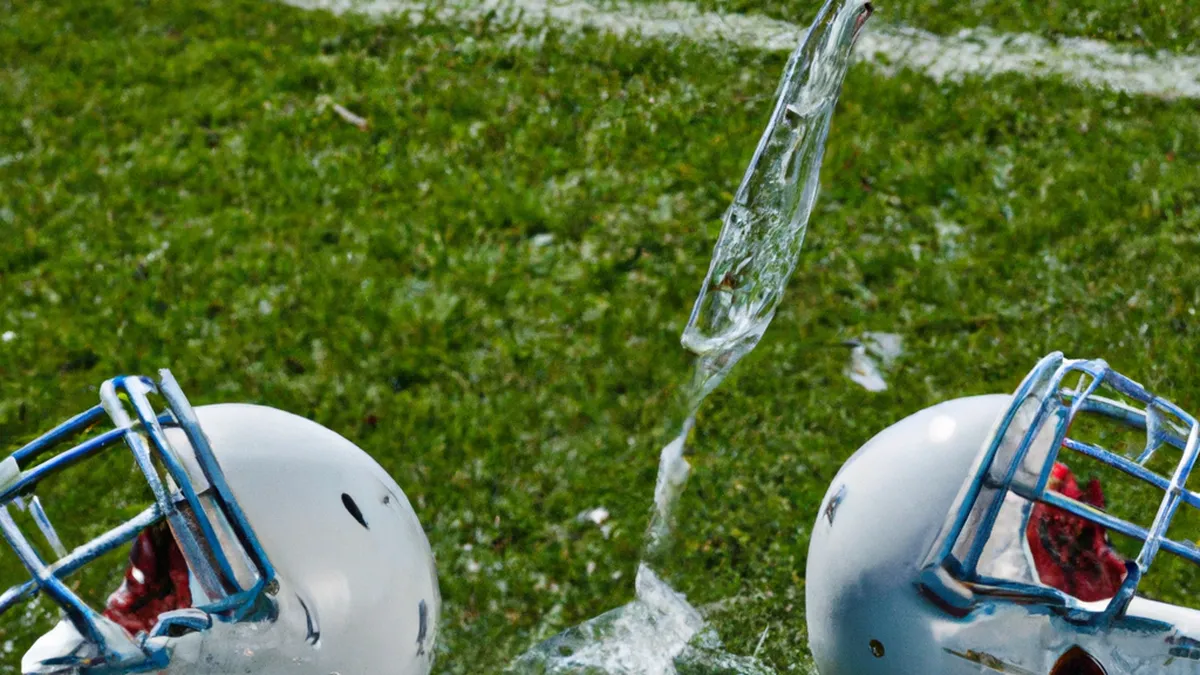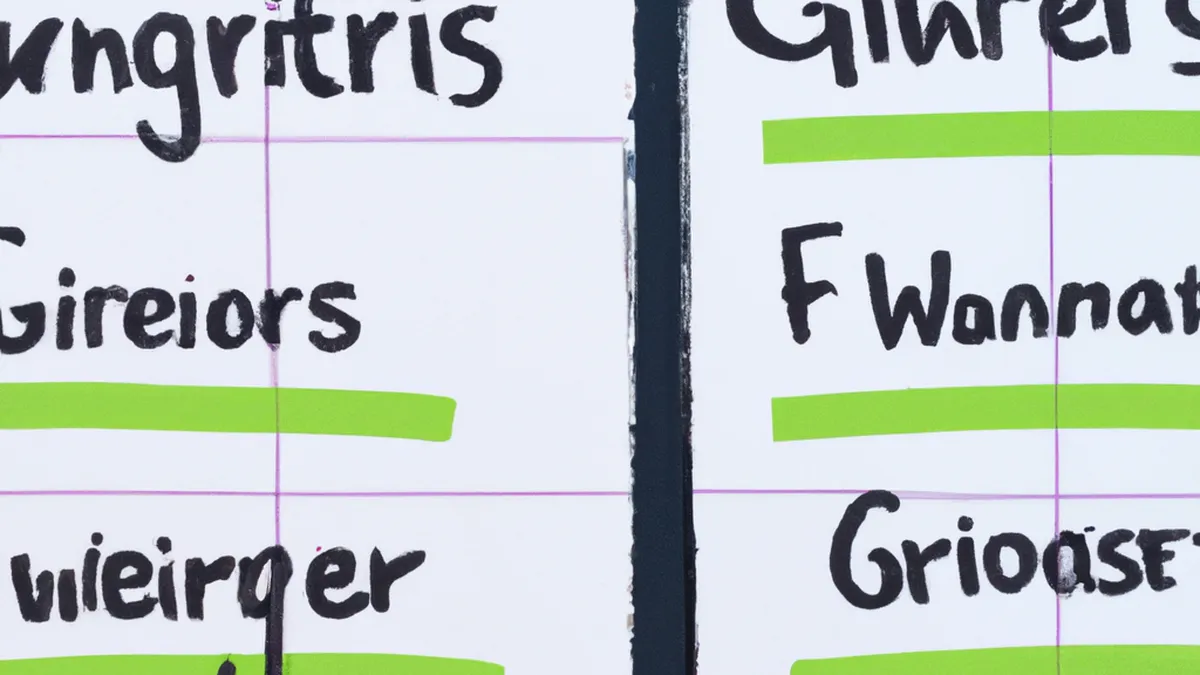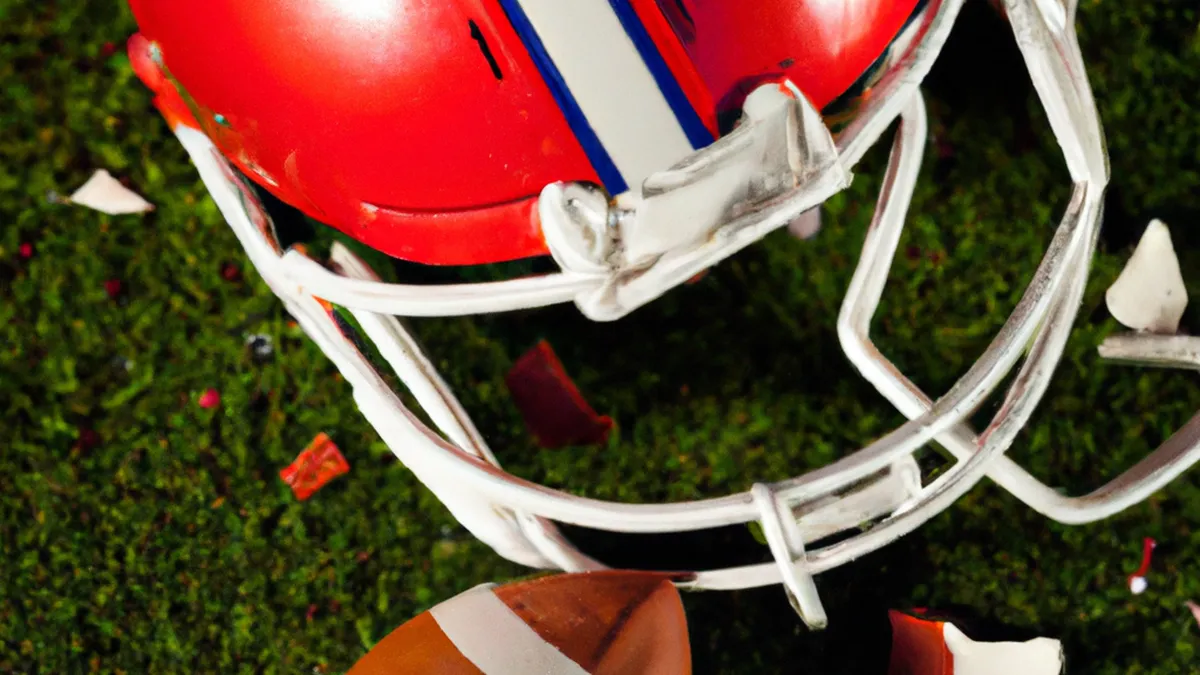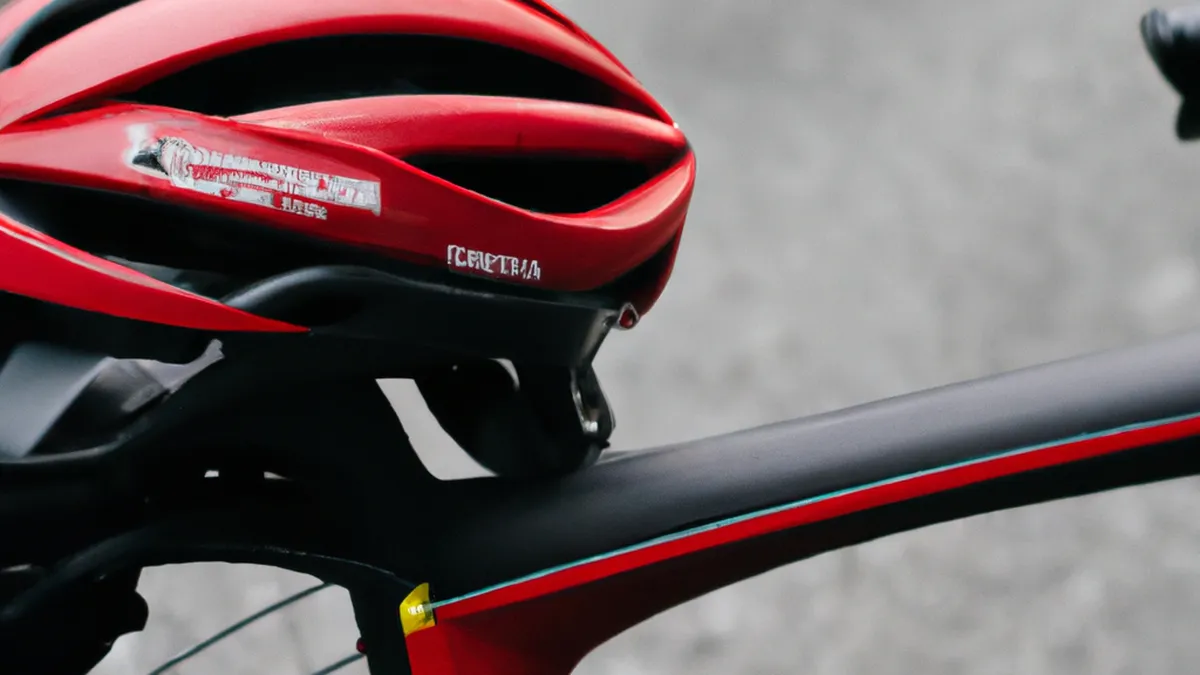Beat the Heat: Hydration in Marathons
Hydration Strategies for MarathonsRunning a marathon challenges your physical endurance and requires proper planning. Hydration plays a crucial role in marathon training and performance. Dehydration causes fatigue, cramps, and serious health issues. Therefore, develop effective hydration strategies before race day. This post offers tips and advice to help you stay hydrated and perform at your best.
Understand Your Hydration Needs
Every runner’s hydration needs differ. Factors like body weight, temperature, humidity, and sweat rate influence your fluid intake. Aim to drink 16 to 20 ounces of water two hours before the race. This timing allows your body to absorb fluids and prepare for exertion.To understand your hydration needs, calculate your sweat rate. Weigh yourself before and after a workout to find the difference. For example, if you lose two pounds during a run and drink 16 ounces of water, estimate your sweat loss. This data helps you plan your hydration strategy for marathon day.
Monitor Your Electrolyte Levels
Hydration involves maintaining electrolyte balance as well. Sodium, potassium, and magnesium regulate fluid levels and muscle function. During long runs, you lose electrolytes through sweat, impairing performance and causing cramps.Use electrolyte drinks or supplements during your marathon to combat electrolyte loss. These products effectively maintain your electrolyte balance. You can also consume sports gels or chews containing electrolytes. Test these products during training to see how your body reacts before race day.
Hydration During Training
As an Amazon Associate I earn from qualifying purchases.
Gear tip: consider soft flask, creatine monohydrate, and electrolyte mix to support this topic.
Practice your hydration strategy during training runs to prepare for race day. Test different fluids and timings to discover what works best for you. Some runners prefer plain water, while others like sports drinks for hydration and energy.During long runs, drink at regular intervals. Aim for a few sips every 15 to 20 minutes. This habit helps your body adjust to fluid intake and prepares you for race day, reducing the risk of dehydration.
Use Water Stations Wisely
Most marathons provide designated water stations along the course. Familiarize yourself with their locations to plan your hydration stops during the race.When you reach a water station, grab fluids efficiently.
Conclusion
Hydration is essential for marathon success. Understanding your needs, monitoring electrolytes, and practicing during training will enhance your performance.
Below are related products based on this post:
FAQ
Why is hydration important for marathon runners?
Hydration is crucial for marathon runners as it helps prevent fatigue, cramps, and serious health issues. Proper fluid intake supports physical endurance and overall performance during the race. Without adequate hydration, runners risk impairing their ability to perform at their best.
How can I determine my hydration needs for a marathon?
Your hydration needs can be determined by factors such as body weight, temperature, humidity, and sweat rate. Weighing yourself before and after workouts can help you calculate your sweat loss and tailor your fluid intake strategy accordingly. This personalized approach ensures you are adequately hydrated on race day.
What should I consume to maintain my electrolyte balance during a marathon?
To maintain electrolyte balance during a marathon, consider using electrolyte drinks or supplements, as they effectively replace lost sodium, potassium, and magnesium. Additionally, consuming sports gels or chews that contain electrolytes can be beneficial. It’s important to test these products during training to identify what works best for your body.















Post Comment